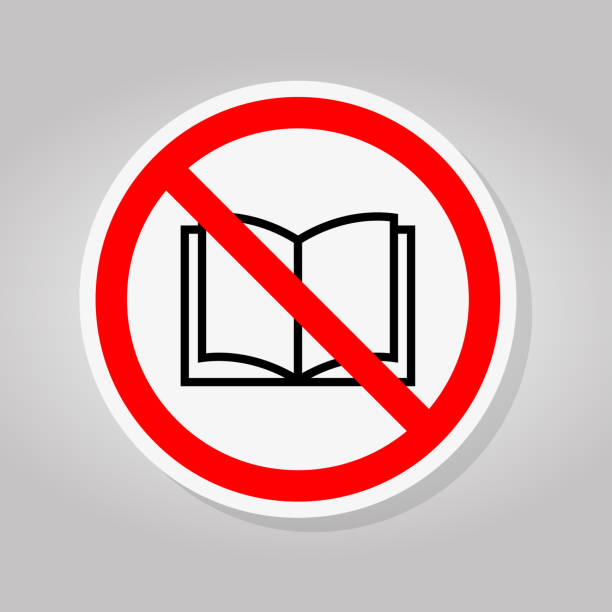Banned Book Backfire
March 1, 2022
According to The Washington Post, a group of Texas school districts reported 75 attempts in the first four months of the 2021-2022 school year to censor children’s access to books. These types of books include topics about religion, black history, the LGBTQ+ community, the Holocaust, and many other controversial subjects.
One of the most recent bans this year was just last month, and it took place in Tennessee. The book is called Maus and it is about the experiences of living during the Holocaust. When asked about how he feels about his book being banned, author Art Spiegelman said, “This is disturbing imagery. But you know what? It’s disturbing history.”
Since the banning of this book, sales of Maus have skyrocketed, and booksellers are now even giving away free copies of this book to students impacted by the ban.
Although most people think that these books being banned is mostly taking place in the south, it has started happening all over the country, including Kansas. There are schools less than 60 miles away from our school that have had meetings discussing the use of these controversial books and their place in the schools’ curriculum.
Many of the leading factors of the banning of books in the U.S. today is the fact that many people think that these books are imprinting wrongful ideologies on America’s youth.
Many parents say that books about police brutality are teaching children to dislike law enforcement, or books about being proud of being in the LGBTQ+ community are teaching their children, “how to be gay.” Opponents of book banning are saying that schools are just shielding their children from the brutality of topics like the Holocaust or war when, in reality, many of these books are trying to teach children about the history of those topics, and how to prevent the history from repeating itself.
When asked about this topic, Pulitzer-Prize winning author Viet Thanh Nguyen said, “We have to make our nation confront what it doesn’t want to remember.”
In my opinion, I believe that these books that adults are trying to ban are actively teaching students the importance of matters like this. Without these books for kids to read and learn from, children these days will not be as educated on these topics. If we want to avoid repeating negative historical events, students must be informed of said events.
I don’t think that books about black history should be banned because they talk about slavery or have some words or phrases that some people may deem objectionable. These books are teaching people the wrongful ways that black people were treated in the past, and this is something that can’t be forgotten in order to not repeat it in the future.
I also think that it is odd that books like Maus are being banned, but Mein Kampf, which was written by Hitler himself, isn’t being banned.
Overall, I believe that banning books can be very harmful. When books are banned, they are often purchased more after they were banned than before, and I think that we should stop banning books just because they may have some objectionable or triggering content.















